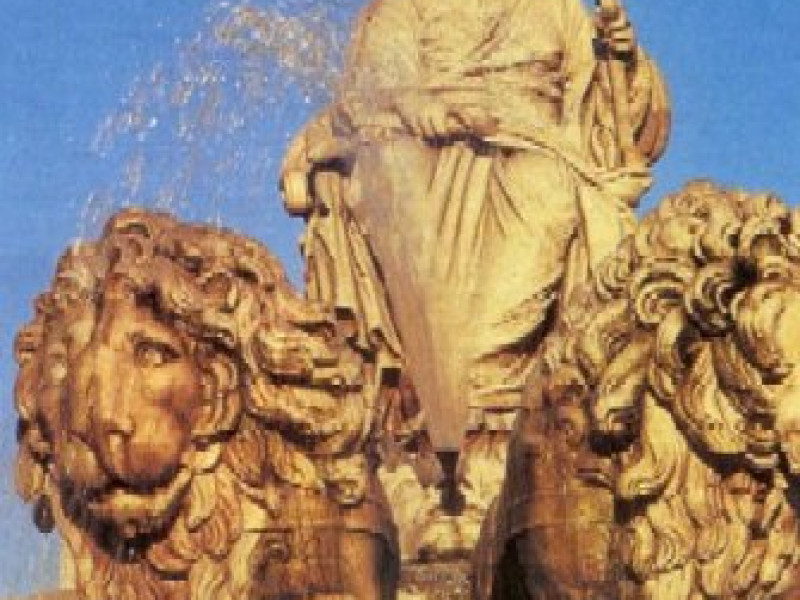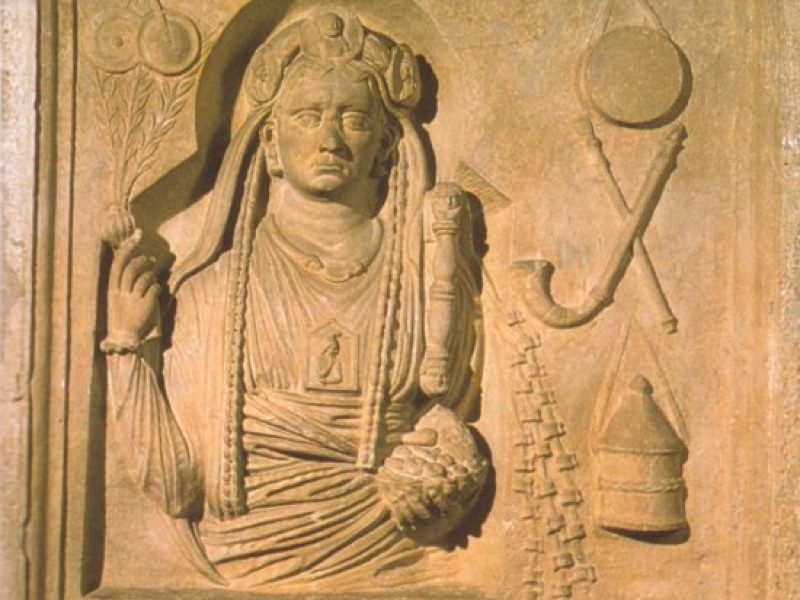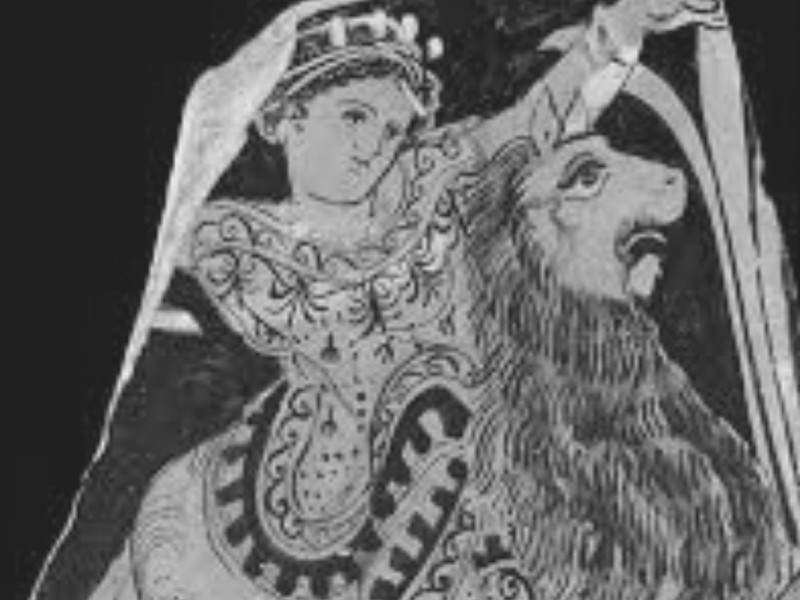Atana Potnia
A-TA-NA PO-TI-NI-JA or Atana Potnia was the name listed on the Linear B tablets found in Knossos, Crete. Her name doesn't appear anywhere on the tablets from Pylos. Atana Potnia was probably The Mother Goddess.
Atana Potnia was known as the Idaean Mother of Crete. She was the goddess of fertility of both plants and animals, and was perhaps a mountain mother since her sanctuaries were sometimes found on the mountaintop. Atana Potnia may be related to other Potnias with different epithets.
Another name found on the Linear B tablets from Pylos was MA-TE-RE TE-I-JA or Mater theia, which literally means Mother Goddess. That could well be Atana's actual name.
Later, Hellenic (Greek) goddesses such as Rhea, Demeter and Artemis, and the Phrygian Cybele, inherited her attributes. However, it seemed that many people believed that Atana Potnia was equated with Athena because of the resemblance of the name Athena with Atana. However, Athena was a virgin goddess.
By Jimmy Joe




